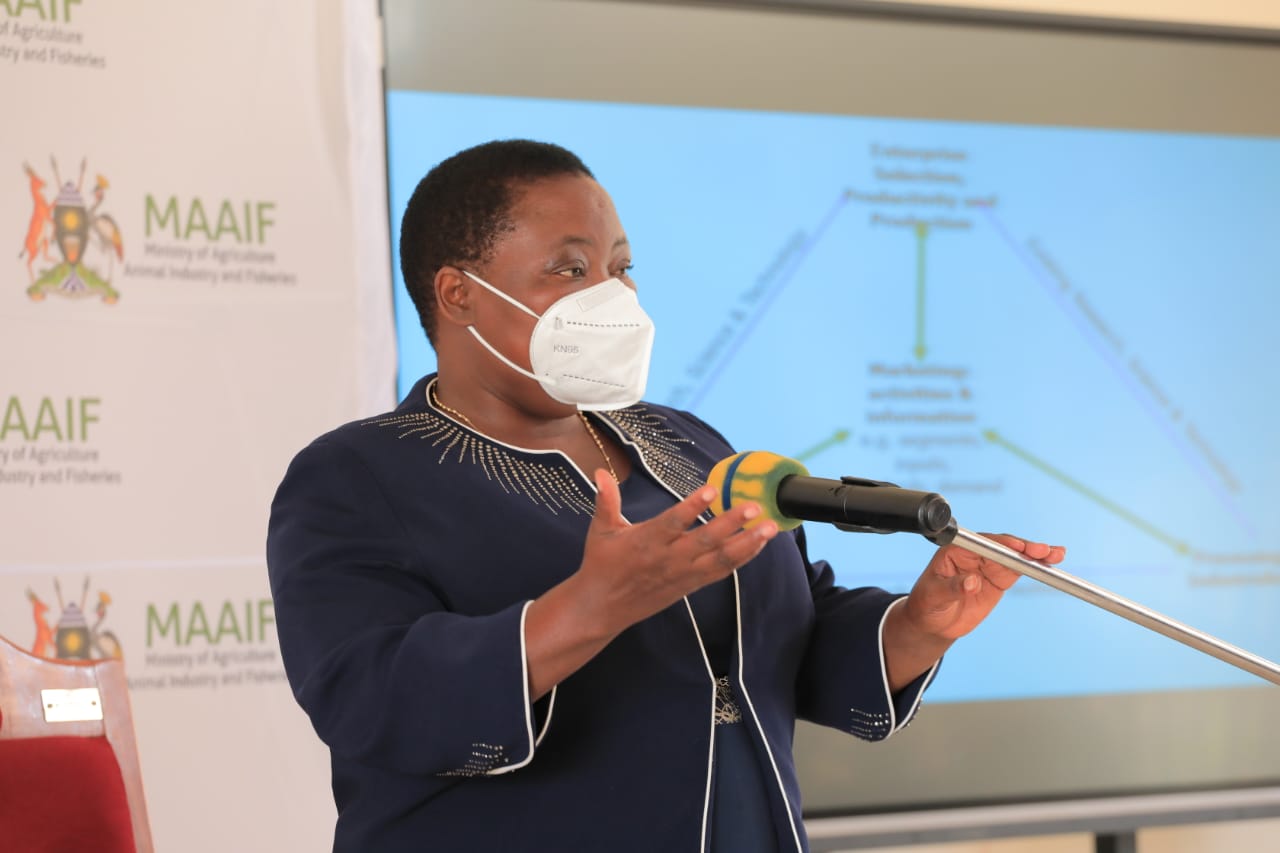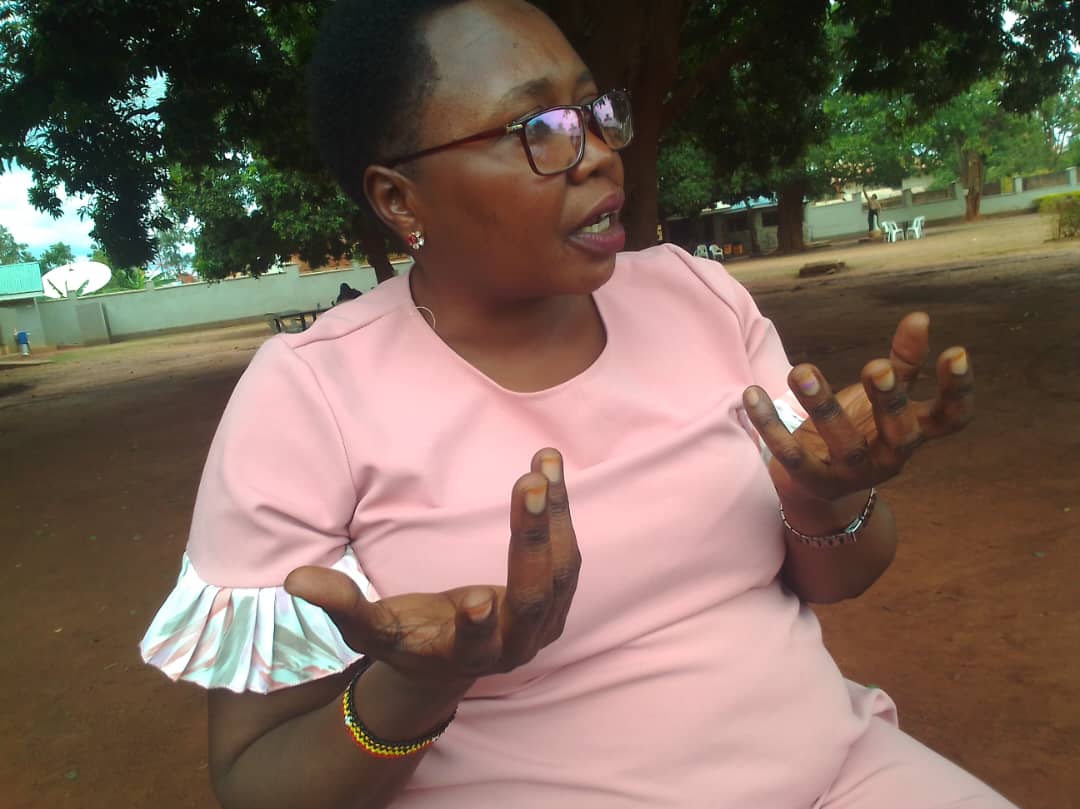Prime Minister Robinah Nabbanja has instructed the Bank of Uganda to investigate cases of fraud involving commercial bank staff leading to customer losses. Nabbanja’s directive came in response to numerous customer complaints about fraudulent activities within banks.
During a parliamentary session on Friday, the Prime Minister expressed her concerns, stating that several customers had experienced unexplained losses from their bank accounts. She cited an example of a customer who, while abroad in the United Arab Emirates, had saved Shs100 million in Centenary Bank, only to find the money mysteriously withdrawn by unknown individuals.
Centenary Bank acknowledged the existence of fraudulent activities and admitted collusion between a fraudster and one of their staff, enabling unauthorized transactions and fund withdrawals. A customer had reported the loss of Shs 113 million from their account under suspicious circumstances, prompting an ongoing police investigation and disciplinary action against the involved staff member.
Additionally, a whistleblower recently called upon the Bank of Uganda to investigate Bank of Africa for unprofessional practices, including insider lending and unauthorized withdrawals from customers’ dormant accounts through fake court garnishee orders. The whistleblower alleged that an insider employee named Ivan Matende had conducted multiple unauthorized transactions from dormant accounts. Moses Mukasa, another individual, brought attention to the fraudulent practices in Bank of Africa, including the creation of fake court garnishee orders.
Garnishee orders are used to enforce court judgments and recover money from the judgment debtor. Bank of Africa denied the allegations and emphasized its commitment to financial integrity and security.
Equity Bank also faced scrutiny, as a customer, Farook Ssekandi, publicly complained that he lost Shs 10 million due to suspected internal fraud. Ssekandi had deposited the money but discovered it was missing from his account. The bank refuted allegations of involvement in fraud.
Despite these widely reported incidents, the Bank of Uganda had not clarified whether it was conducting investigations. Fraud cases have been increasing within Uganda’s commercial banks. A forensic audit report on Crane Bank, taken over by the Bank of Uganda in 2016, identified insolvency resulting from fraud, insider lending, money laundering, corruption, nepotism, and failure to adhere to sound banking practices. Former Deputy Governor of the Bank of Uganda, Louis Kasekende, stated that many banks closed or sold in Uganda since the early 2000s had failed due to fraud, excessive lending to insiders, collusion to cover irregularities, and misreporting financial conditions.




















